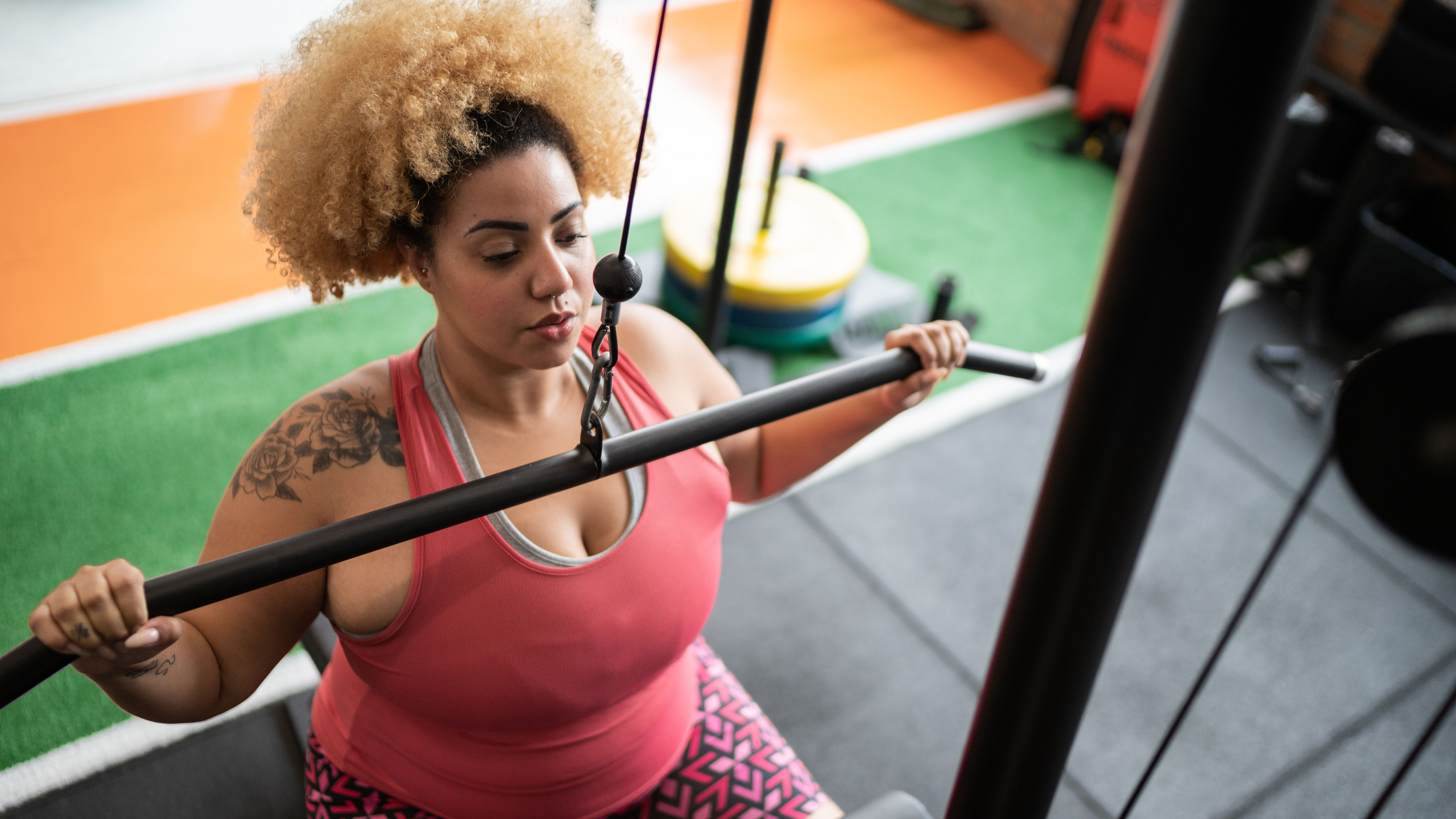Should you work out twice a day?
Should you work out twice a day? An exercise physiologist explains what you need to know

Finding the time, energy and motivation to exercise every day can be challenging, if not seemingly impossible. However, once you establish a workout routine it may be that you crave a daily sweat session on one of the best treadmills and have the desire to work out twice a day.
For beginners, the notion of working out twice a day might feel like a distant prospect. Yet an increasing number of everyday recreational athletes and gym-goers are doing it – and many fitness professionals say that it can be safe and effective for most people.
To learn more about working out twice a day we spoke to Todd Buckingham, the chief exercise physiologist at The Bucking Fit Life.
Benefits of working out twice a day
Buckingham says there are numerous athletic performance and health benefits to working out twice a day: "The more you work out, the better you will be at your sport, up to a certain point – because if you train too much, then overtraining syndrome [burnout] can occur," he says.

Todd Buckingham is the chief exercise physiologist at The Bucking Fit Life. He earned his Ph.D. in Kinesiology from Michigan State University in 2018. He's an expert in endurance performance testing and is particularly interested in the science of improving triathlon times. On top of this, he's also a world champion sprint and olympic distance triathlon athlete and a national champion in various multisport events.
Multi-sport athletes, such as triathletes, may have to work out twice a day in order to get in all their necessary training. But Buckingham says that even if you're not doing it for the athletic performance benefits, there are plenty of health-related benefits to be had from working out twice a day.
"[Exercise] decreases the risk of cardiovascular disease, cancer, obesity and diabetes. It also decreases the risk of stress and Alzheimer's, and the symptoms of depression."
"Further benefits of exercise include a stronger heart, more resilient muscles, a stronger immune system and decreased blood pressure," Buckingham says. "And those who work out more often tend to have improved markers in each of these areas."

Risks of working out twice a day
Although exercise is beneficial, working out twice a day can be too much for the body. Buckingham says working out twice a day can increase the risk of overtraining syndrome and injuries, as well as a potential decrease in the quality and quantity of sleep, especially if you are working out too close to bedtime.
Exercising too often, too long, or too intensely, can also cause increases in the stress hormone cortisol, or the hunger hormone ghrelin, which can potentially increase appetite and weight gain.

Furthermore, some studies show that there are limited benefits two working out twice a day if you're doing the same activity and training the same muscles. One small study, published in International Journal of Sports Physiology and Performance, found that there were no significant muscle gains for a group of competitive weightlifters who switched to twice-daily training.
As such, it's probably a good idea to make sure your two workout sessions focus on different areas of fitness (such as cardio and strength training) or different body parts (such as upper and lower.)
Should you limit the intensity?
It's a good assumption that if you're going to work out twice in a day you should limit the intensity of one of the sessions but Buckingham says this all depends on your goals.
"If you are a runner, then it probably makes sense to have one of your sessions be hard and the other be easy. However, if you're a triathlete, you may choose to do a hard bike session in the morning and a hard run session in the afternoon," he says.
Athletes who focus primarily on strength training, or weightlifting, should do split routines with an upper-body workout in the morning and a lower-body workout in the evening. But Buckingham advises against doing two hard sessions in the same body area within one day, because it won't allow the muscles to repair and rebuild.

All of this primarily apply to experienced athletes with a couple of years of consistent training under their belts.
"When you're starting out, your body is not used to the stress of working out and doing too much too soon increases the risk of injury," says Buckingham, who advises that beginners or novices working out twice a day should make either both workouts easy or do one easy and one hard.
What type of exercise should you do?
There are no specific best practices when it comes to what type of exercise you should do if you're working out twice a day because it depends on your goals.
"If you're an endurance athlete like a triathlete, you are going to be doing some combination of swim/bike/run during the day. If you are a weightlifter, you might do a weightlifting session and another session of stretching, rolling and flexibility training," says Buckingham.
"If you are just looking to be healthy and get as much exercise as you can, you can do any combination of exercises that you enjoy, whether that's walking or playing pickleball or going to a group fitness class."
How far apart should your workouts be?
In terms of scheduling your two daily workouts, again it comes down to your goals.
You might purposely want to do them back to back, as with "brick" (bike-run) workouts for triathletes or you might want to spread them out by at least four to six hours to give your body as much rest as your schedule allows.
"Endurance training can inhibit strength gains by shutting off a pathway that causes the body to build muscle," says Buckingham. "Fortunately, strength training doesn't inhibit endurance gains, although it can make endurance training more difficult."
If you are going to do cardio and strength back to back, Buckingham's advice is to lift weights first and then run or do cardio if your goal is strength training, but run first and then lift weight if your goal is endurance training.
Sign up for the Live Science daily newsletter now
Get the world’s most fascinating discoveries delivered straight to your inbox.
Amber Sayer is a fitness, nutrition, and wellness writer and editor, and contributes to several fitness, health, and running websites and publications. She holds two masters degrees—one in exercise science and one in prosthetics and orthotics. As a certified personal trainer and running coach for 12 years, Amber enjoys staying active and helping others do so as well. In her free time, Amber likes running, cycling, cooking, spending time outside, and tackling any type of puzzle.











